Active participation in thematic networks is a crucial aspect of our work. Networks give us the opportunity to gain invaluable insight into how our partners in the world of civil society are fighting back on key gender inequality issues, and to contribute our own expertise. We belong to a number of local, European and international networks that bring together stakeholders on topics like trafficking, parental leave, female genital mutilation, and violence against women.
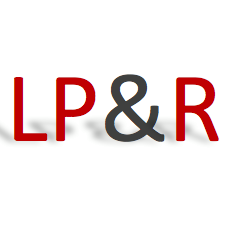
The Leave network
MIGS was first approached in 2019 by the International Network on Leave Policies & Research to prepare the Cyprus country report on leave policies (available here). MIGS became an associate member, and will continue to contribute to annual reviews. With its country updates and cross-national tables, the review is a unique policy and academic resource that's used across the world.
The Leave network was established in 2004 and today consists of over 60 members from 45 countries, all of whom share an interest in parental and other forms of leave and related measures to support the reconciliation of work and care.
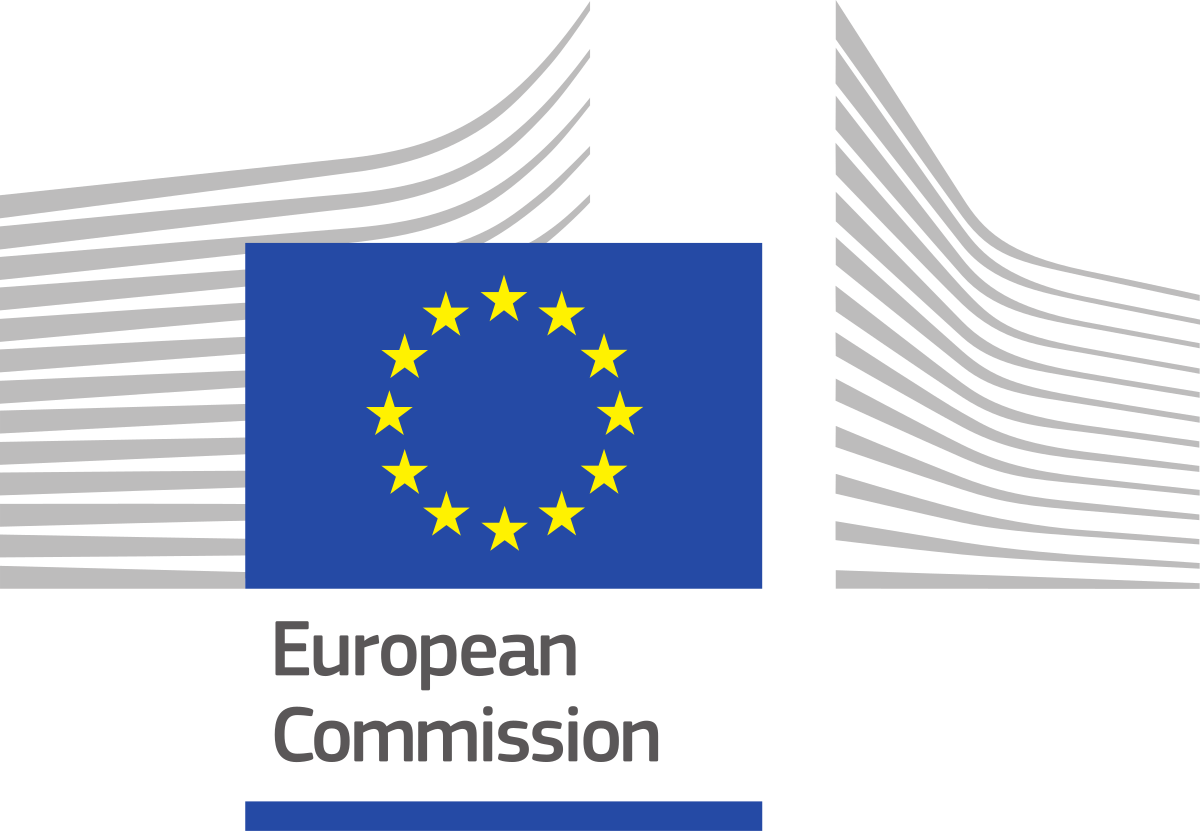
Open Method of Coordination (OMC) Working Group on gender equality in cultural and creative sectors
In 2018, our researcher Maria Angeli was appointed by the Cultural Services of the Ministry of Education, Culture, Sport, and Youth as a working group national expert on "Gender equality in the cultural and creative sectors" (convened under the Council Work Plan for Culture 2019-2022, Priority D “Gender equality"). The OMC Working Group members exchange information, focusing on gender-based issues faced by cultural and creative professionals (e.g. stereotypes and sexual harassment, access to resources, representation in decision-making positions, and pay). The OMC also gives Member States a forum in which to exchange experiences and good practice on a national level. The OMC working groups identify the main obstacles and suggest a set of concrete actions to the European Council, focusing on selected objectives and actions.
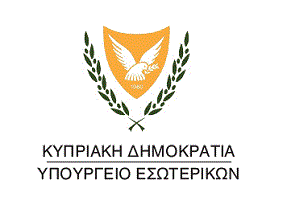
Multidisciplinary Coordinating Group against Trafficking in Human Beings (MCG)
MIGS is a member of the Multidisciplinary Coordinating Group against Trafficking in Human Beings (MCG), a national body composed of 18 members from government services and NGOs and chaired by Minister of Interior as the National Coordinator. The MCG monitors the implementation of the Anti-Trafficking and Exploitation of Persons and Victims Protection Law 60 (I) / 2014, and the development and implementation of measures foreseen in the National Action Plan on preventing and combating trafficking in human beings. MIGS is represented by Project Coordinator and Researcher, Christina Kaili.
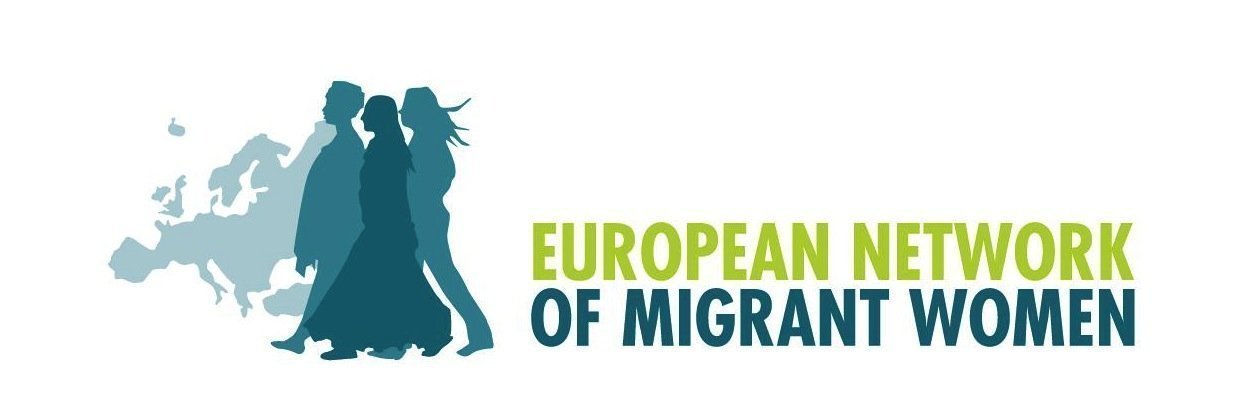
The European Network of Migrant Women
MIGS is a founding member of the European Network of Migrant Women (ENoMW), a young migrant-women led platform of NGOs that works, in the spirit of intersectional feminism, for the rights, freedoms and dignity of migrant, refugee, and ethnic minority women and girls in Europe.
The network has a diverse membership comprised of over 50 organisations from grass-roots services providers to NGOs focused on research and advocacy. ENoMW members cover a wide range of subjects affecting migrant & refugee women, including economic empowerment, anti-discrimination, access to justice, and combating violence against women and girls.
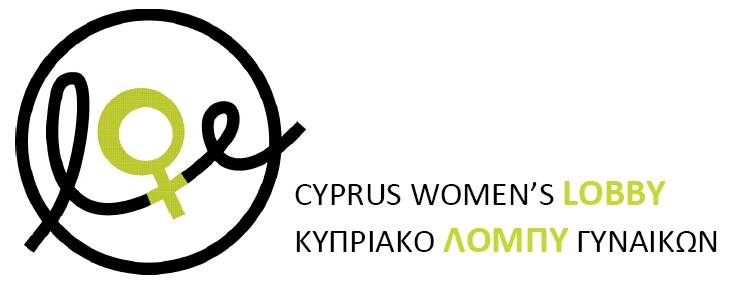
European Women’s Lobby / Cyprus Women’s Lobby
MIGS is a founding member of the Cyprus Women’s Lobby (CWL), a network of 10 women’s organisations and NGOs established in 2008 working to promote gender equality and women’s rights. The Cyprus Women's Lobby is a member of the European Women's Lobby (EWL), the largest European non-governmental organisation on gender equality. Susana Pavlou, Director of MIGS, served as President of the CWL and board member of the EWL from 2008-2012. She was also on the Executive Board of the EWL from 2012-2014. During this time, she also served as expert on the EWL Observatory on Violence against women.

Euromed Human Rights Network (EMHRN)
We've been a member of the Euromed Human Rights Network since 2008. Our most active involvement has been in the Gender and Women’s Rights Working Group.
A network of more than 80 human rights organisations, institutions and individuals based in 30 countries, EMHRN seeks to develop and strengthen partnerships between NGOs in the Euro-Mediterranean region. EMHRN has been acting as a regional forum and a pool of expertise for human rights NGOs and activists in the region since 1997. The network promotes capacity building, networking, cooperation and development of partnerships between its members in the region.

End FGM European Network (End FGM EU)
MIGS has been involved in the European movement to prevent and combat female genital mutilation (FGM) since 2009, when our organisation took part in the End FGM European Campaign (led by Amnesty International) and then became a founding member the End FGM European Network itself. The End FGM European Network (End FGM EU) is now an umbrella network of 24 European organisations based in 13 EU countries to end FGM. The network strives to build bridges and cooperation with actors in the field of FGM both in Europe and globally and operates as a meeting ground for communities, NGOs, CSOs and EU level stakeholders to engage, interact and cooperate with one another by sharing experiences and exchanging knowledge.

EU Civil Society Platform against trafficking in human beings
The platform plays a key role in the collective effort by the EU to address trafficking in human beings (THB). Launched in 2013, the platform brings together over 100 participants from across the EU and beyond. MIGS has been an active member of the EU Civil Society Platform against trafficking in human beings since 2014. We’ve been able to collaborate, share information and resources with other civil society actors and experts on THB to more effectively support and advocate for victims across Europe. Along with many other THB stakeholders, we have benefited from the knowledge generated, as well as the policy documents and recommendations regularly produced by the Office of the EU Anti-Trafficking Coordinator.
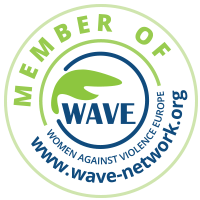
WAVE - Women Against Violence Europe
MIGS has been a member of WAVE since 2006, and MIGS Director Susana Pavlou is currently serving on the WAVE Board. WAVE is a European network of women’s NGOs with over 140 members across 46 European countries. It aims to promote and strengthen the human rights of women and children in general and to prevent violence against women and children in particular.
